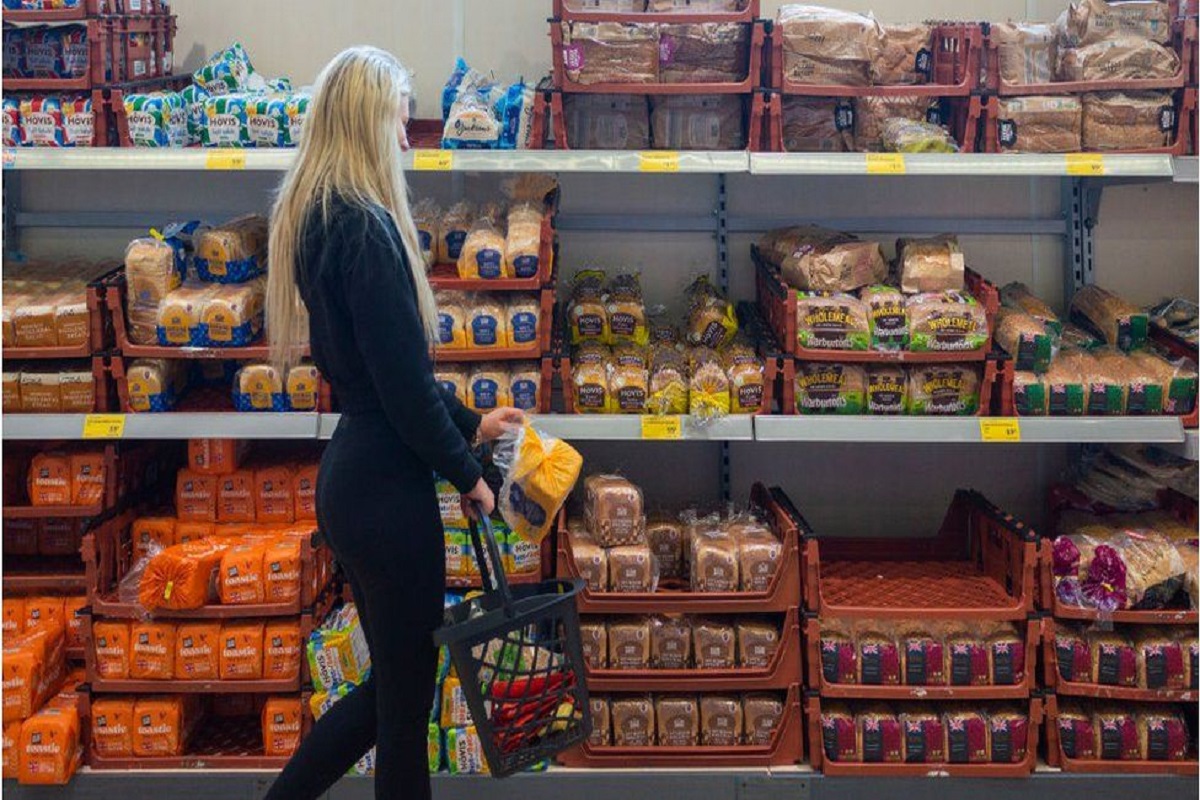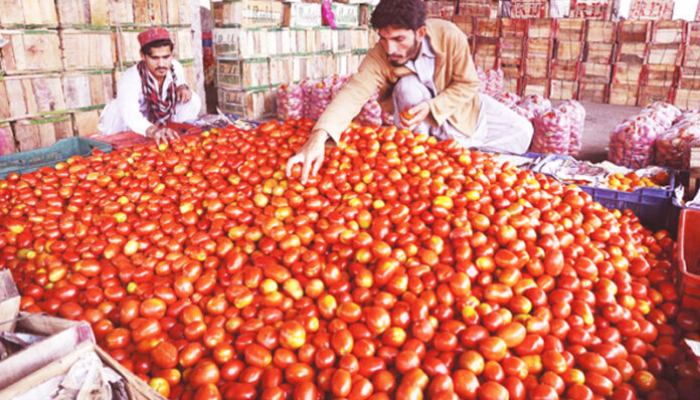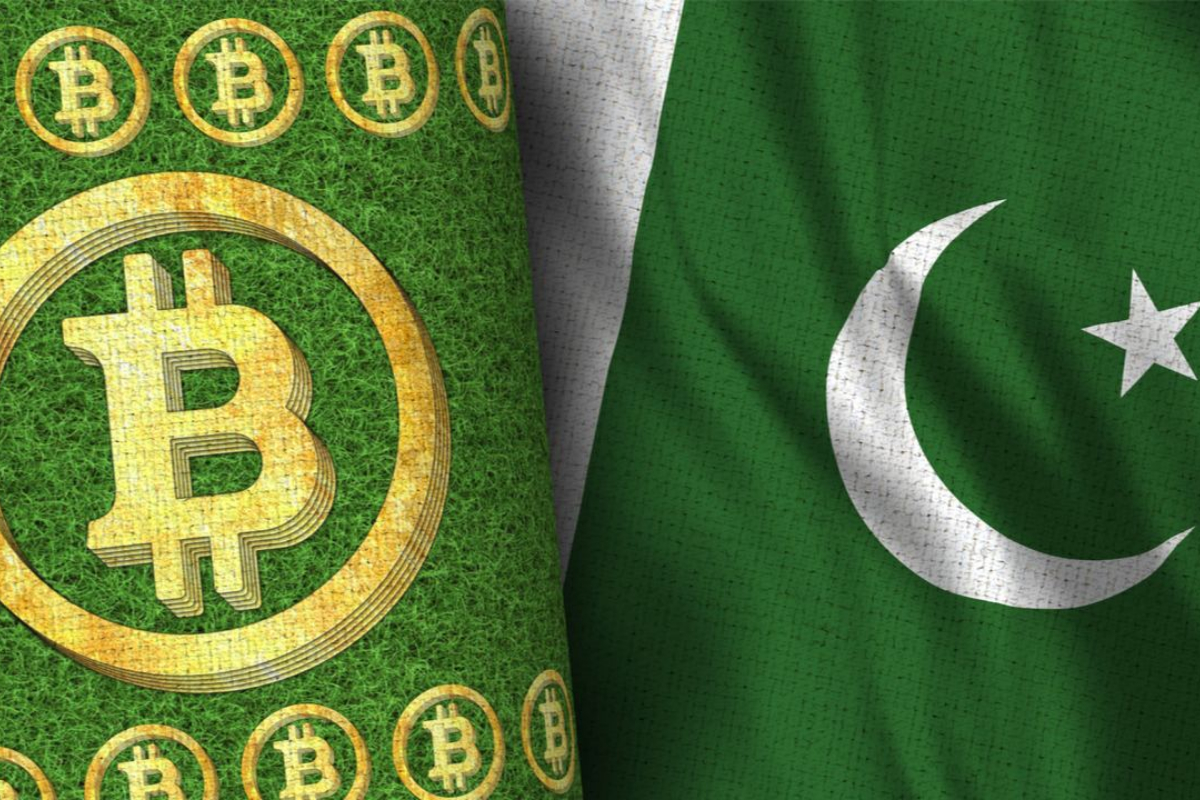- The price of wholesale food commodities decreased by 2.3 percent in June compared to May.
- Overall costs are still 23 percent higher than they were in June 2021.
- Food crisis brought on by the conflict in Ukraine might persist for years.
For the third month in a row, there was a slowdown in food price increases in June, but any advantages are unlikely to show up in grocery store prices for a while.
According to the most recent United Nations Food Prices Index, the price of important wholesale food commodities decreased by 2.3 percent in June compared to May.
Cereal and edible oil prices decreased as they came down from their highs brought on by the Russia-Ukraine war
Overall costs are still 23 percent higher than they were in June 2021, though.
[embedpost slug=”oil-prices-continue-to-decline-dim-the-outlook-for-global-demand/”]
The UN Food Prices Index measures the average price of grains, vegetable oil, dairy, meat, and sugar while keeping track of the most widely traded food items worldwide.
Prices had increased as a result of the Russian invasion of Ukraine, concerns about severe weather, high levels of demand worldwide, and growing production and transportation costs.
According to Food and Agriculture Organization head economist Maximo Torero Cullen, “the reasons that first drove world prices high are still at play.”
According to the most recent data, as alternate sources are discovered and other harvests improve, wheat prices decreased by 4. percent and edible oil prices down by 7.6 percent last month. The cost of sugar also decreased, but the cost of dairy products and meat increased.
One of the factors driving increasing prices at supermarket checkouts is the rise in global food commodity prices, which in turn caused inflation in the UK to reach a 40-year high of 9.1 percent in the year ending in May.
The Bank of England recently raised UK interest rates from 1 percent to 1.25 percent in an effort to slow the pace of rising prices.
A food crisis brought on by the conflict in Ukraine might persist for years, the head of the World Trade Organization warned last month.
According to WTO Director General Ngozi Okonjo-Iweala, African nations may be particularly hard-hit by wheat and fertiliser shortages.
Ukraine contributes 9% of the world’s wheat exports, which is a significant amount. Additionally, it produces 16 percent of the world’s maize and a sizeable 42 percent of the sunflower oil market.
[embedpost slug=”global-food-prices-fall-again-but-wheat-soars/”]





















